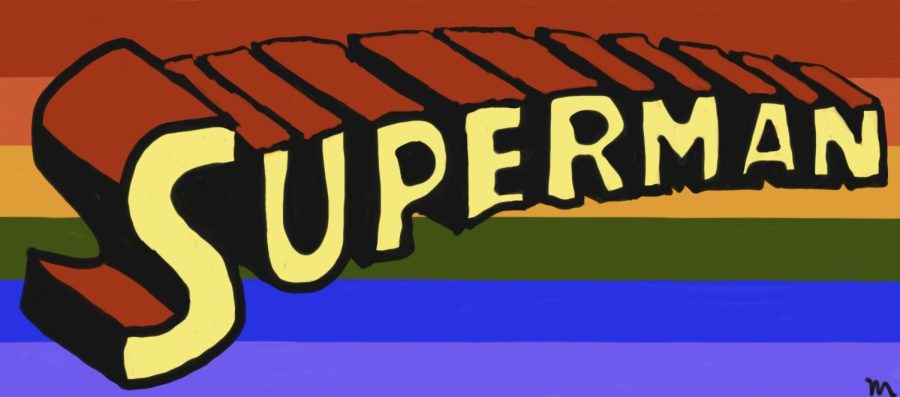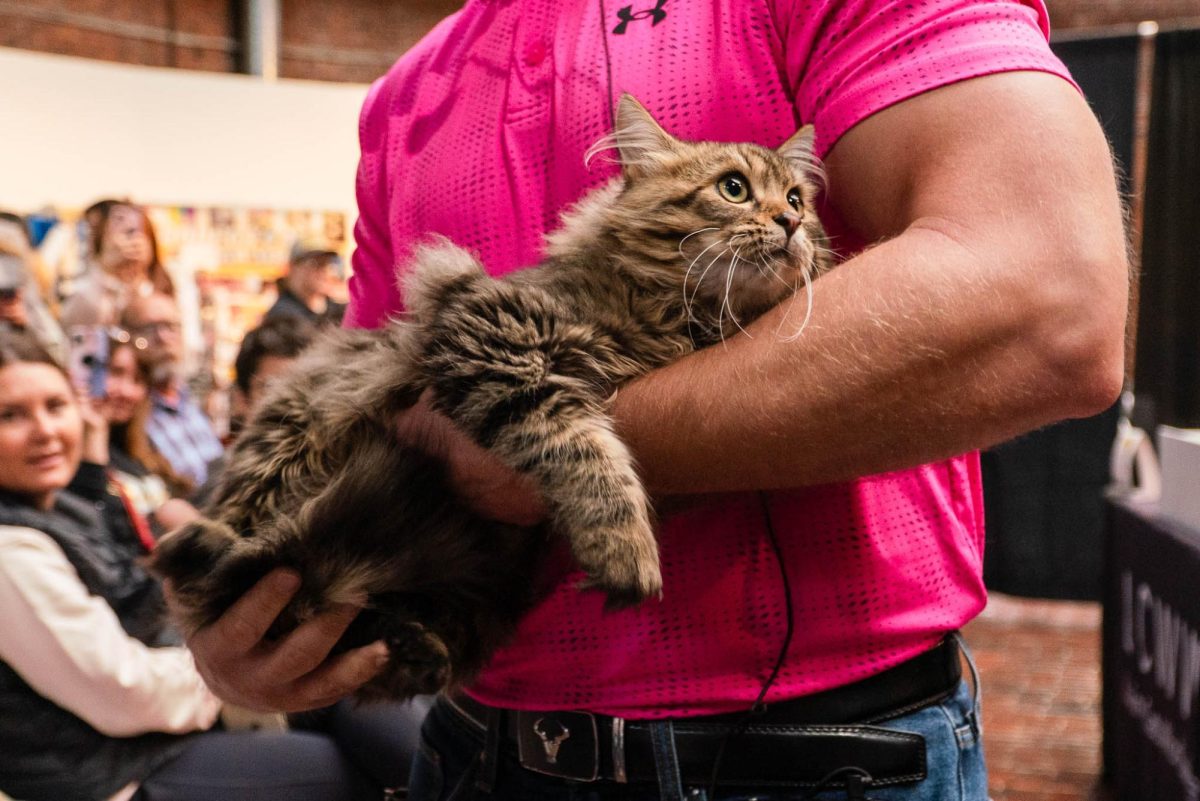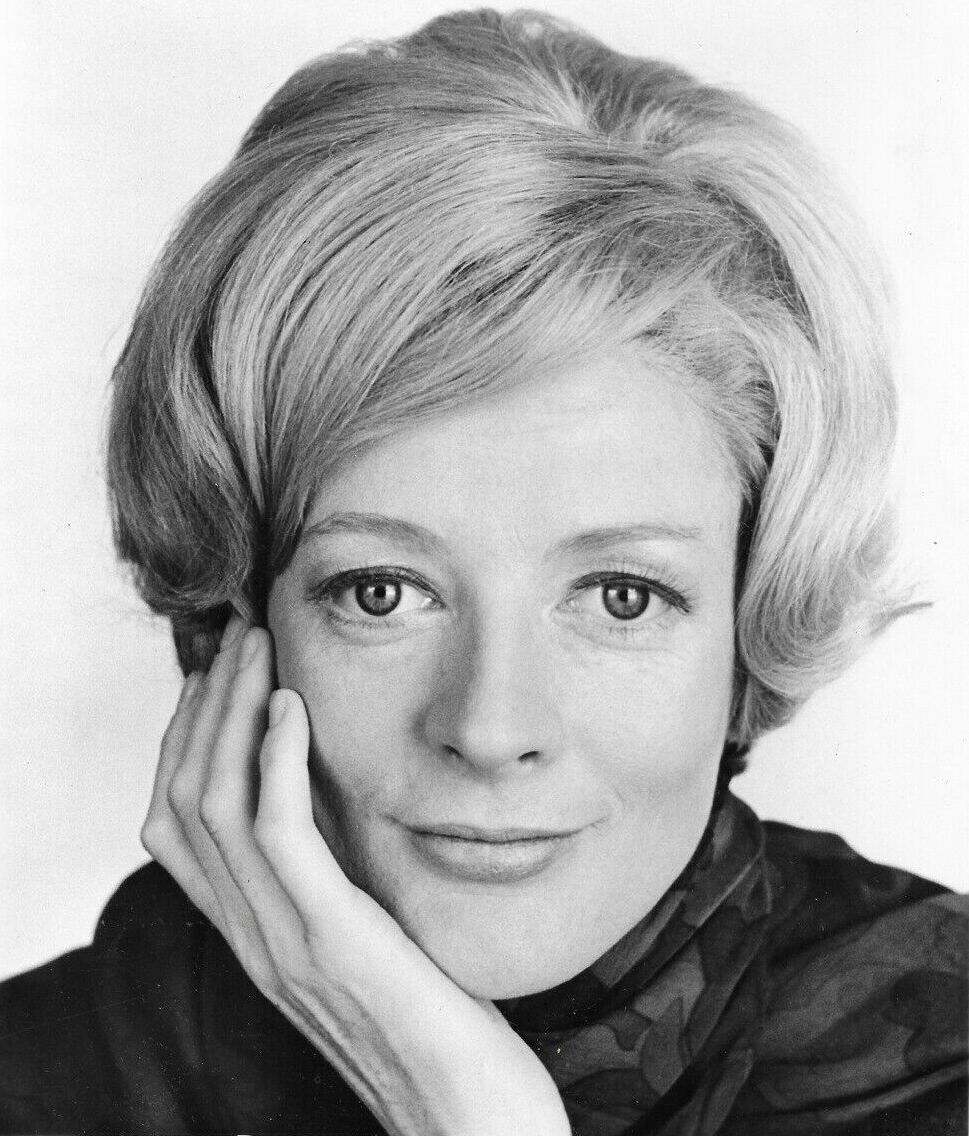Op-ed: Bisexual Superman makes progress for LGBTQ+ visibility
Illustration by Madison Boudreau Popovic
The new bisexual Superman promotes representation for the LGBTQ+ community.
November 17, 2021
Superman’s son and the new Superman, Jonathan Kent, is a true “Gen Z” member: He cares about climate change, school shootings and — to some Marvel fans’ chagrin — is bisexual. Clark Kent and Lois Lane’s son stars in the latest DC comics installment called “Superman: Son of Kal-El” and in the November edition, shares a kiss with male friend Jay. Not only is this representation extremely important to LGBTQ+ youth and adults, but also it exemplifies a big step forward for representation within comics, as Superman’s son is a household name and a culturally recognizable character.
Jonathan, or Jon, Kent is not the first openly queer DC character, as side characters have come out since the 80s, but his household name makes this a landmark event. Queer representation in children’s media has increased in the past few years. Disney Channel made history in a 2014 episode of “Good Luck Charlie” by having a pair of lesbian parents in one episode, not as titular characters but as parents of one of the main character’s friends. The star actress, who was five years old, then received death threats from people who were upset about having lesbians on a children’s show. Disney faced backlash from a lot of parents whose children watch the show, and the next openly gay character did not appear on a Disney show until a character in “Andi Mack” came out as gay in a 2019 episode. Any deviance from a predictable heterosexual storyline is big news: Elsa was the first princess to not have any love interest, and many fans — and critics — decided that the movie is a queer allegory and shows Elsa as a lesbian. According to these theorists, the song “Let It Go” represents coming out. Additionally, cartoons such as “Shera” and “Steven Universe” have received a lot of praise for their queer representation, with “Steven Universe” being nominated for a GLAAD media award.
Queer representation in media is essential because it allows young kids to feel safe to question and explore their own identities. Additionally, showing queer people in media helps to normalize the existence of LGBTQ+ people in real life. Having LGBTQ+ characters also helps to affirm people’s own identities, especially if they are unable to find that support within their own family and friends. A study from the Official Journal of the American Academy of Pediatrics found that lesbian, gay and bisexual people who reported parental rejection in their teens were 8.4 times more likely to attempt suicide.
In a recent edition of the “Batman: Urban Legends” comic, Batman’s sidekick Robin, another well-known superhero, also came out as bisexual. Loki is the first titular character in the Marvel Cinematic Universe to come out as bisexual in the new show that can be found on Disney+. Superheroes are people who provide a positive role model for kids, and queer representation in superheroes can demonstrate that their sexuality is not the only thing that defines who they are as people, that who they love is not entirely a big deal. Having openly out heroes allows queer youth to imagine themselves as heroes of their own lives, especially if they are facing harassment, rejection or bullying.
“I’ve always said everyone needs heroes and everyone deserves to see themselves in their heroes,” said writer of “Superman: Son of Kal-El” Tom Taylor on Twitter.
While Superman’s son being bisexual is a big deal, it should also not be the end of DC’s pursuits to create a more inclusive and representative space. Disabled people, people of color, transgender people and other marginalized communities should also be able to see themselves in their favorite heroes and villains. That being said, Superman’s son being bisexual led to rumored death threats against some of the writers and producers of the comics. DC faced criticism for having a bisexual Superman, with one Fox News reporter calling being gay a “disease” and a Republican running for senator in Ohio saying that a bisexual Superman is going to “destroy America.” Despite gay marraige being legalized in the United States and the increasing sense of LGBTQ+ acceptance in American culture, the significant backlash over a teenage comic character sharing a queer kiss demonstrates that the fight for LGBTQ+ progress is not yet over. Thousands of LGBTQ+ people across the country are still facing discrimination, workplace harassment, the threat of conversion therapy and more. While one gay comic book character will not undo decades of rampant homophobia, it is a step in the right direction.
Renée Abbott is a first-year journalism and criminal justice combined major. She can be reached at [email protected].







